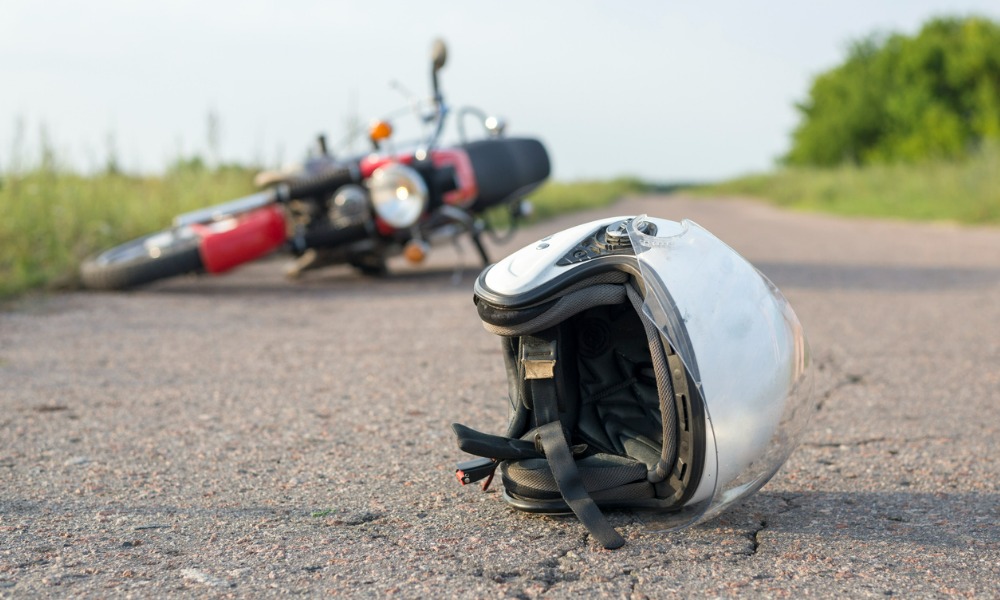
Vehicle pursuit training for peace officers falls short of time standard, California court says

The vehicular pursuit policy training for employed peace officers, as required by section 17004.7 of California’s Vehicle Code, should meet the standards under section 1081, title 11 of the California Code of Regulations, a recent court ruling said.
In the case of Flores v. City of San Diego, a man driving a motorcycle that a police vehicle was pursuing crashed and died. The plaintiffs, who were the mother and the girlfriend of the deceased, filed claims for wrongful death and negligence against San Diego City.
The city brought a motion for summary judgment. It alleged that it was immune from liability under section 17004.7(b)(1) of the Vehicle Code, which would shield a public agency from liability for collisions involving vehicles being pursued by peace officers if the agency has adopted and has promulgated a written policy and has provided regular, periodic, annual training relating to vehicular pursuits.
Read more: Emergency responder immune from liability for pedestrian's death
The trial court granted summary judgment in the city’s favor. The plaintiffs appealed. They argued that the trial court failed to apply section 1081, which sets standards on the training for vehicular pursuits, including an annual one-hour minimum time requirement.
The California Court of Appeal for the Fourth District, Division One reversed the trial court’s judgment and returned the matter to that court for further proceedings.
Under section 17004.7(b)(1), if a peace officer in a motor vehicle has been pursuing an actual or suspected violator of the law, the public agency employing the peace officer would be immune from liability for civil damages for personal injury, death, or property damage resulting from the collision of the vehicle operated by the one being pursued as long as the public agency has fulfilled certain requirements.
One requirement is for the governmental entity to adopt and to promulgate a written policy on vehicular pursuits. Another is to provide regular and periodic training regarding vehicular pursuits on an annual basis.
In this case, the appellate court held that the city was not entitled to immunity since it failed to prove that the training it provided the year before the crash met the annual one-hour standard under section 1081. The city failed to dispute that the training it implemented consisted of a single video of less than half an hour, the appellate court said.
Lastly, the appellate court rejected the city’s arguments that the Commission on Peace Officer Standards and Training lacked the authority to set time standards relating to the training that it was authorized to oversee and that the commission’s imposition of a minimum time standard was void.